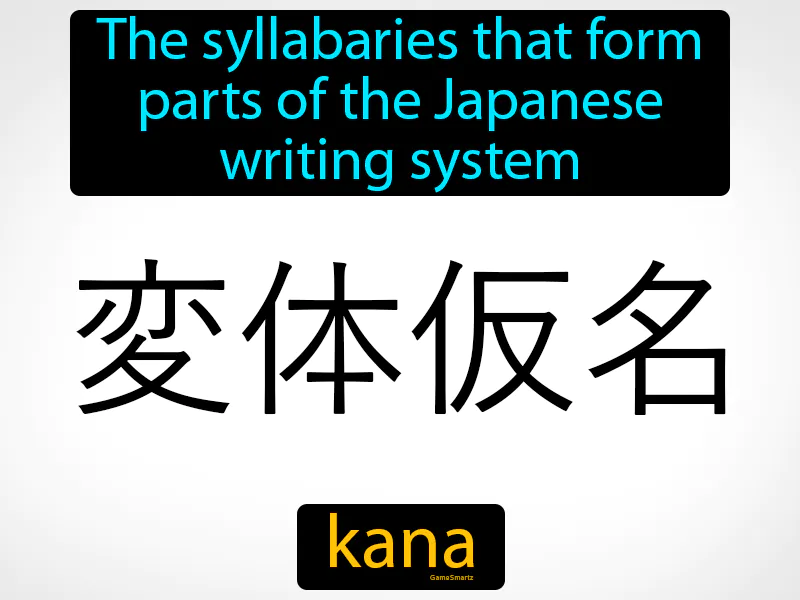Kana

Kana is a set of syllabaries used in the Japanese writing system, consisting of hiragana and katakana, developed around the 9th century. It was important because it allowed for the expression of the Japanese language in writing, separate from the Chinese characters that were previously used, making literacy more accessible. During its time, kana represented a means for the Japanese people to record their unique culture, literature, and governmental documents, helping to unify and strengthen the nation's identity. Today, kana remains crucial in everyday life in Japan, enabling people to read, write, and communicate efficiently, as seen in its use in everything from children's books to modern technology. The value of adapting writing to fit a language's unique needs can inspire other cultures to preserve and promote their linguistic identities.
Practice Version

Kana: The syllabaries that form parts of the Japanese writing system. Kana. Kana is a set of characters used in Japanese writing, developed to simplify the complex Chinese characters.